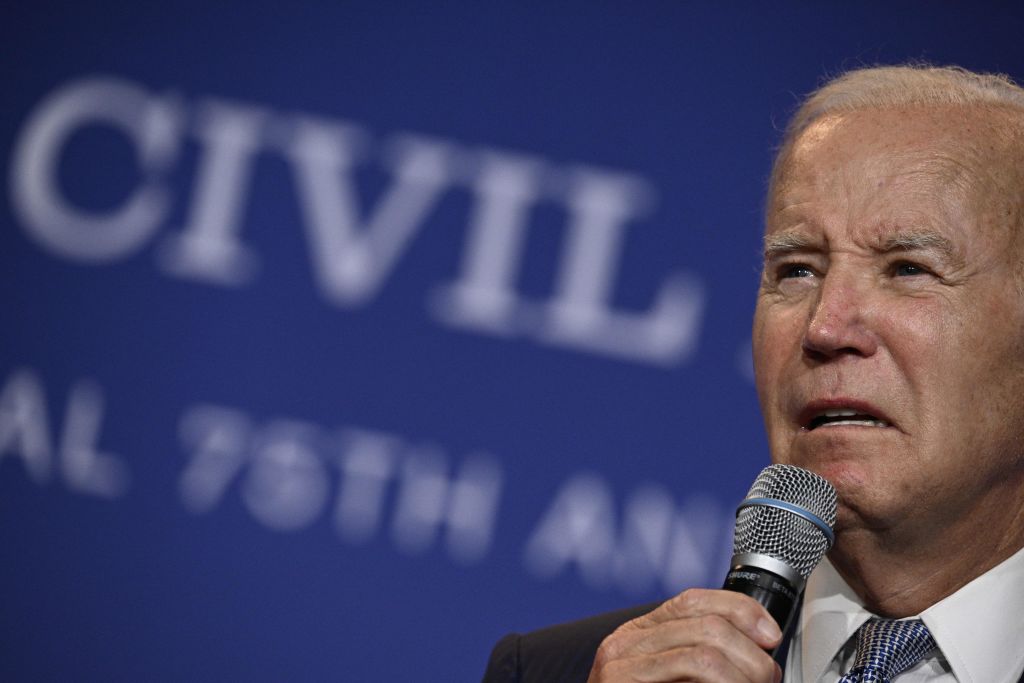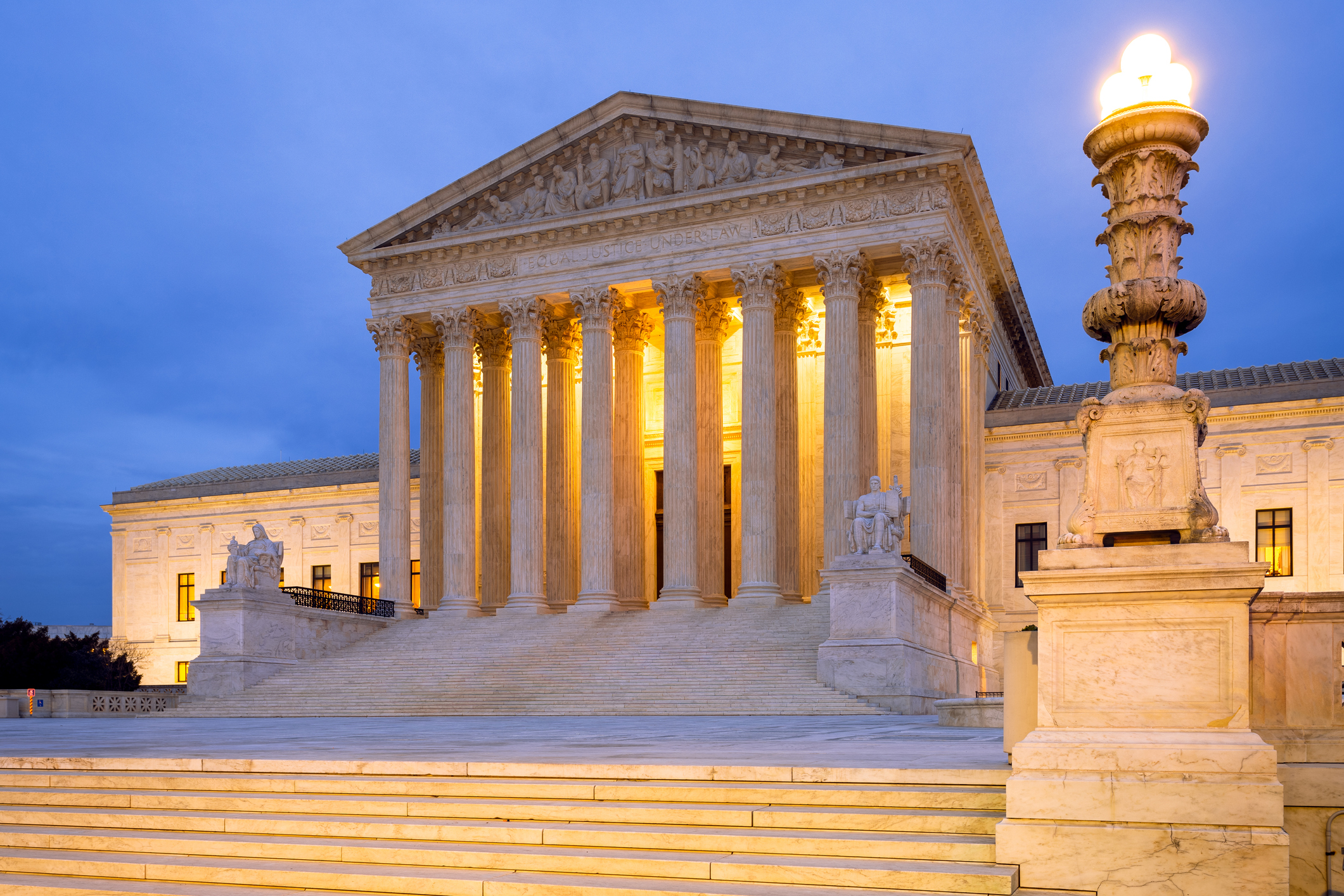Shutting down dissenting speech only serves to strengthen its appeal.
It’s About Power

The Alex Jones case and our "cold" information war.
I recently got into a spat with some old college buddies over Alex Jones. Regardless of your opinion of the outcome of his recent case—a massive judgement against him for calling the parents of children murdered in the Sandy Hook shooting crisis actors—it was disheartening to see my otherwise news-skeptical friends agree with the media narrative: “Crush the hateful conspiracy theorist nut-job.”
The Alex Jones case is a sensitive subject, compounded by the fact that we’re all from Connecticut. But what can I say? I was alarmed by the case and reacted instinctively to friends who were spouting the same mainstream talking points you would hear from the hosts of “The View.”
Let’s concede the charge of defamation against Jones. Concede that his statements about the Sandy Hook families being crisis actors and the children not actually dying made him liable for the actions of any one of his hundreds of thousands of viewers (remember that the jury had already decided this at the outset of the trial). Fine. Liability established.
But is describing the shooting as a hoax worthy of a $965 million punishment? That’s where I would expect everyone’s red flag to go up—especially conservatives who are normally skeptical about inflated tort awards.
Wall Street executives responsible for the 2008 housing market crash didn’t get hit with such punitive measures. One Sandy Hook family alone is set to get $220 million. Jones’ punishment could finance a round of congressionally approved arms shipments to Ukraine. And this is only the second of three lawsuits he faces, with another defamation case scheduled in Texas for later this year.
Undoubtedly, the pain of the families is real. I’m certain that having someone call your house and harass you after your kindergartener was murdered is emotionally devastating. I concede that the families are due financial recompense from the individual responsible for this harassment.
But I also acknowledge that two things can be true at once. The accosted parents can deserve to have legal recourse, and the fact that one of Jones’s low IQ fans did something stupid provided his critics with a pretext for crushing his media company.
Hate him or love him, Jones commands an impressive news empire with a loyal following of viewers outside the purview of the mainstream information distribution network. Infowars self-finances its entire operation. Its production quality is top-notch and is often more visually appealing than what the cable news networks offer. Lawfare—harassment through the courts— is the only means that could bring down the Alex Jones media juggernaut.
This is the crux of the matter. Some conservatives (and liberals) mistake the real danger of the Jones case as an issue of free speech. They fear that setting a legal precedent where an individual can be financially destroyed for getting a story wrong will be a slippery slope that leads to greater censorship.
But the fact is, we’re already spiraling headlong down that slope. Censorship is here. Everyone knows that the major cable networks as well as print publications (e.g., the New York Times, the Washington Post, etc.) are in no real danger of facing legal or financial punishment for continuously spouting propaganda and falsehoods. Sure, there will be an occasional slap on the wrist. But those institutions will never be fined a ridiculous sum—say, $1 billion—with the explicit intention of ending their existence.
The significance of the trial, then, is not about grieving families nor is it about the principle of free speech. It is about the regime maintaining its dominance over the flow of information.
Alex Jones’s show has been carefully watched by both non-governmental groups and federal law enforcement agencies for the last several decades. If the parents did seek legal action entirely of their own volition—which I am not denying—then it was certainly seized upon by those same forces waiting for a pretext to destroy Infowars.
It’s not a conspiracy theory to believe that an uncontrollable entity capable of amassing an enormous following was interpreted as a direct threat to the regime’s hold on power. The $1 billion punishment for emotional disturbance is about as clear of a message as there is: If you don’t play by the rules and reaffirm the prevailing narratives, we will crush you.
Alex Jones could have been wrong about every single issue he’s ever covered on his show. But there is one kernel of truth that’s been at the heart of his operation since the beginning: We are most certainly engaged in an information war.
The American Mind presents a range of perspectives. Views are writers’ own and do not necessarily represent those of The Claremont Institute.
The American Mind is a publication of the Claremont Institute, a non-profit 501(c)(3) organization, dedicated to restoring the principles of the American Founding to their rightful, preeminent authority in our national life. Interested in supporting our work? Gifts to the Claremont Institute are tax-deductible.
Despite the media’s subterfuge, Missouri v. Biden is a complete victory for the plaintiffs.
The Biden Administration asks whether we should have a First Amendment.
Accepting the idea that democracy is all about process undermines the very principles of our regime.
The rise of women on college campuses poses a threat to free speech.
A free society depends on a free and open exchange of ideas.






